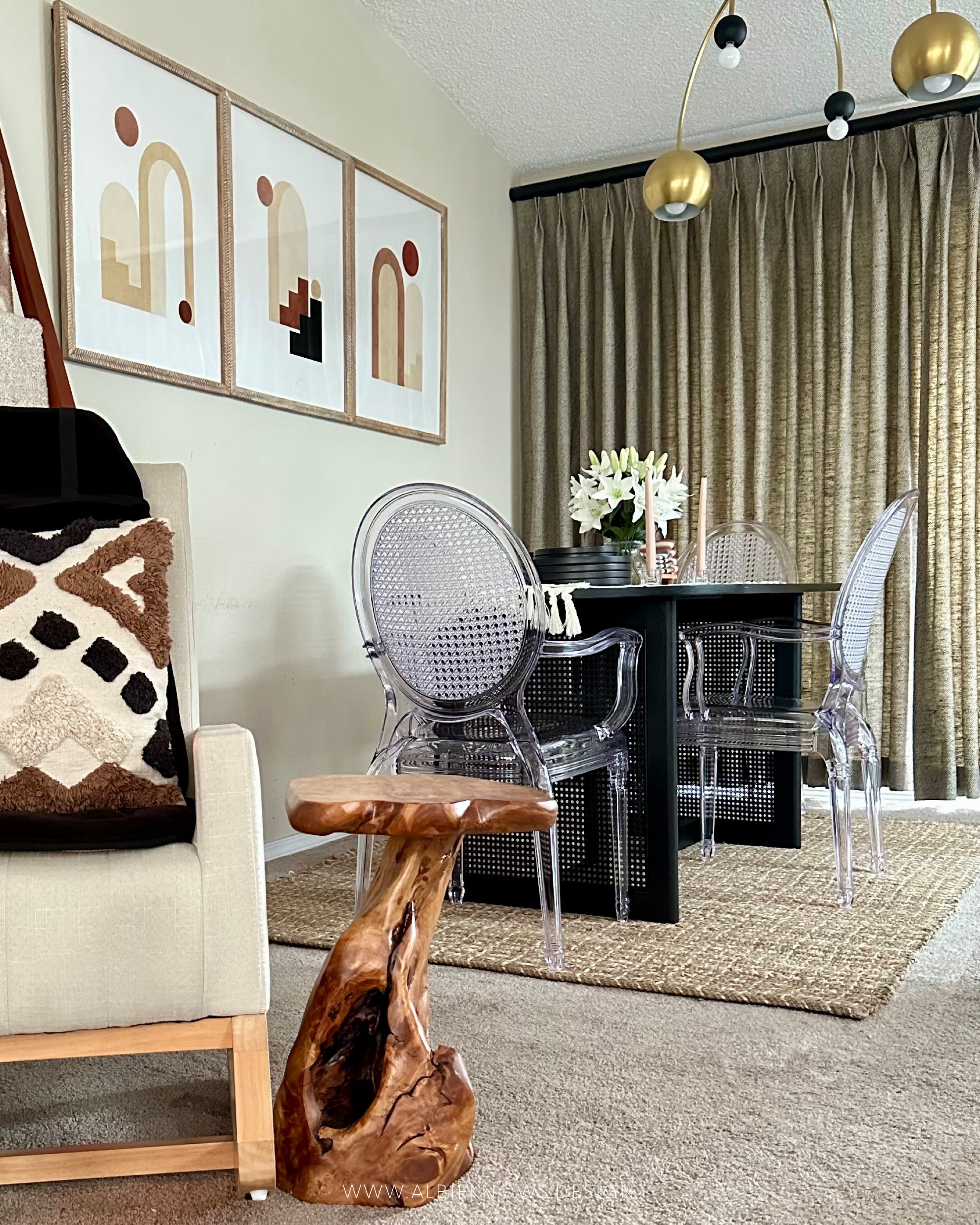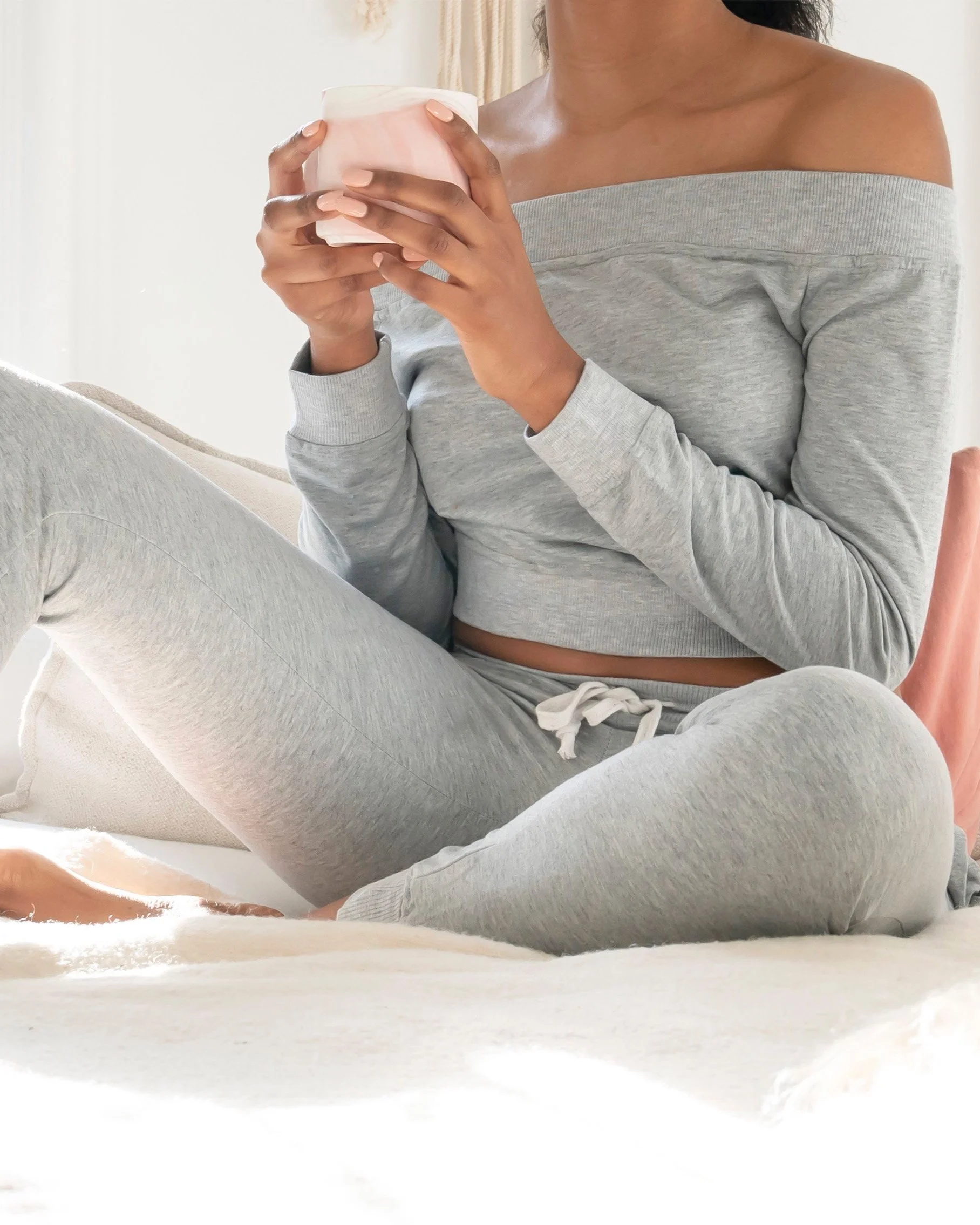Supporting Black-Owned Brands in Big Box Retailers
04-16 UPDATE: I’ve decided not to move forward with the Walmart blog post. Supporting Black-owned brands is something I care deeply about, and after spending a lot of time digging through Walmart’s site, I realized their categorization just isn’t clear enough to confidently share an accurate list. I’d rather hold off than risk putting out something that’s confusing or misleading — the brands and this community deserve better.
As more & more big box retailers decide to participate in retail resegregation roll back their DEI initiatives, I’ve been coming back to the same question recently: how do we drive change & support Black owned brands while continuing to spend our dollars with major corporations?
I jumped right into it, I know, so let’s rewind for a quick sec now…
Photo By Mariah Texidor
Under the new administration, we’ve seen countless companies across various industries capitulate under the recent attacks to DEI measures, with some reframing their initiatives (and related language) and others eliminating them altogether — Amtrak, Amazon, Bank of America, Boeing, Citigroup, Coca Cola, Disney, Goldman Sachs, Google, JPMorgan Chase, Lowe’s, McDonald’s, Meta (FB, IG, etc), Morgan Stanley, Nestlé, Paramount, PBS, Pepsi, Target, The Smithsonian, Victoria’s Secret, Walmart, Wells Fargo, and even the FBI... just to name a "few" (as of Feb. 2025).
The goal of D(iversity) E(quity) and I(nclusion) efforts has been to level the playing field for those who have historically faced discrimination and exclusion, and create environments where individuals from all backgrounds, identities, and experiences feel respected, supported, and valued. The way we've seen it used, however, has essentially been as code for "Black", and the countless benefits of DEI policies & initiatives have taken a back seat to racism, all in the name of "meritocracy". As a Black woman, I got to the point where I just stopped trying to keep up with who was dismantling what because it was not only exhausting but also deeply demoralizing.
As a consumer, content creator, and someone who worked in retail environments for over a decade, I was caught off guard by so many major retailers faltering, especially since many (most? all?) of these initiatives & policies aren't even 5 years old. It's one thing to tweak the language of a DEI website to avoid scrutiny; it's something else entirely to dismantle departments, lay off personnel, and eliminate all language having to do with DEI. It begs the question of whether these initiatives were corporate allyship or performative allyship, or if what we're seeing is the beginnings of retail resegregation, which highlights the intersectionality of race, economics, and geography. And if the powers that be successfully resegregate retail spaces, why would they stop there? Schools. Workplaces. Anywhere to continue perpetuating social inequality & prohibiting advancement for marginalized communities.
Over the years, I've shared countless shopping resources to some of the very retailers that have decided to move away from DEI. How do I reconcile that? As I asked at the top of this post, how do we drive change & support Black owned brands while continuing to spend our dollars with major corporations? Shopping retailers like Amazon, Target, and Walmart actually introduced me to many of the Black owned brands that I use & love, which is supposed to be the point right? To expose these brands to a new consumer base, while also increasing consumer spend with the retailers housing their products. What would these policy changes mean for all of these brands? Would these retailers now be removing these products from their shelves? How do we continue to show up for the brands, meet our shopping needs, and shift the retail landscape with our dollars?
I've always maintained that completely boycotting a major retailer is a luxury. While it sounds nice to shop small, shop local, etc., I also know that's just not feasible for everyone. For some, finances, location, and other factors, limit where they can shop. And let's be honest, consumerism & capitalism in this country do not make it easy to shop as ethically as we may like. We also know that without coordinated & targeted activism, what we may see, for example, are stores deciding to remove Black owned brands from their shelves citing "poor sales". In a recent webinar hosted by beauty founders who currently have products on Target, quite a few shared experiencing a dip in their sales, likely due to the boycotts. Shortly after the Target announcement, Tabitha Brown, one of their brand collaborators with a number of products in Target, from home decor to groceries, shared sentiments that aligned with this outcome. So in addition to boycotts not being best for every consumer, in some ways they can also hurt the very people we want to help.
“If we all decide to boycott and be like, ‘No, we’re not spending no money at these organizations,’ so many of us will be affected and our sales would drop out, our business would be hurt.”
That said, I know that people will continue to shop retailers like Amazon, Target, and Walmart because that's what's available to them. No judgement here! Personally, my family decided we would do more targeted shopping versus completely boycotting the aforementioned companies. Thankfully, we have some alternative options for some of our shopping needs, including Costco who's stood 10 toes down committed to DEI. When it comes to shopping Amazon, Target, and Walmart, our goal is to be more intentional and to curate shopping experiences at these retailers that center the Black owned brands they carry... brands we were already shopping. Being on these major chain shelves has allowed these businesses to reach more consumers, expand their offerings, and scale their operations. I would hate to see them backed into a corner, unable to sell their remaining in store inventory, because we stopped shopping at these retailers; so I decided that for as long as the brand remains on their shelves, we'll continue to purchase their products from them, driving their sales & bolstering the brand.
With this in mind, on the blog, you'll find three separate blog posts highlighting Black brands to shop at Amazon, Target, and Walmart, if you’re still shopping them. Each compilation post will include brands I've shopped and/or brands I'm familiar with through friends & family recommendations, and once done, you can always come back to this post & find em here.
Admittedly, there are going to be cases where "Black-owned" is a little nuanced. Brands that we've always considered to be "Black" brands that may no longer have majority Black ownership and/or shareholders may also be on the list (Carol's Daughter, Honey Pot, Shea Moisture, etc). While majority ownership doesn't entirely shape my purchasing decisions, it is something you may want to investigate further. Something else to note is that there are brands that have already planned to discontinue their presence on the shelves of these major retailers & focus on selling directly from their own sites.
My goal isn't to tell you how to spend your money or with whom, nor am I here to judge whatever you decide. I only hope that as you decide on the best ways for you to shop, these posts will serve as valuable resources.

















